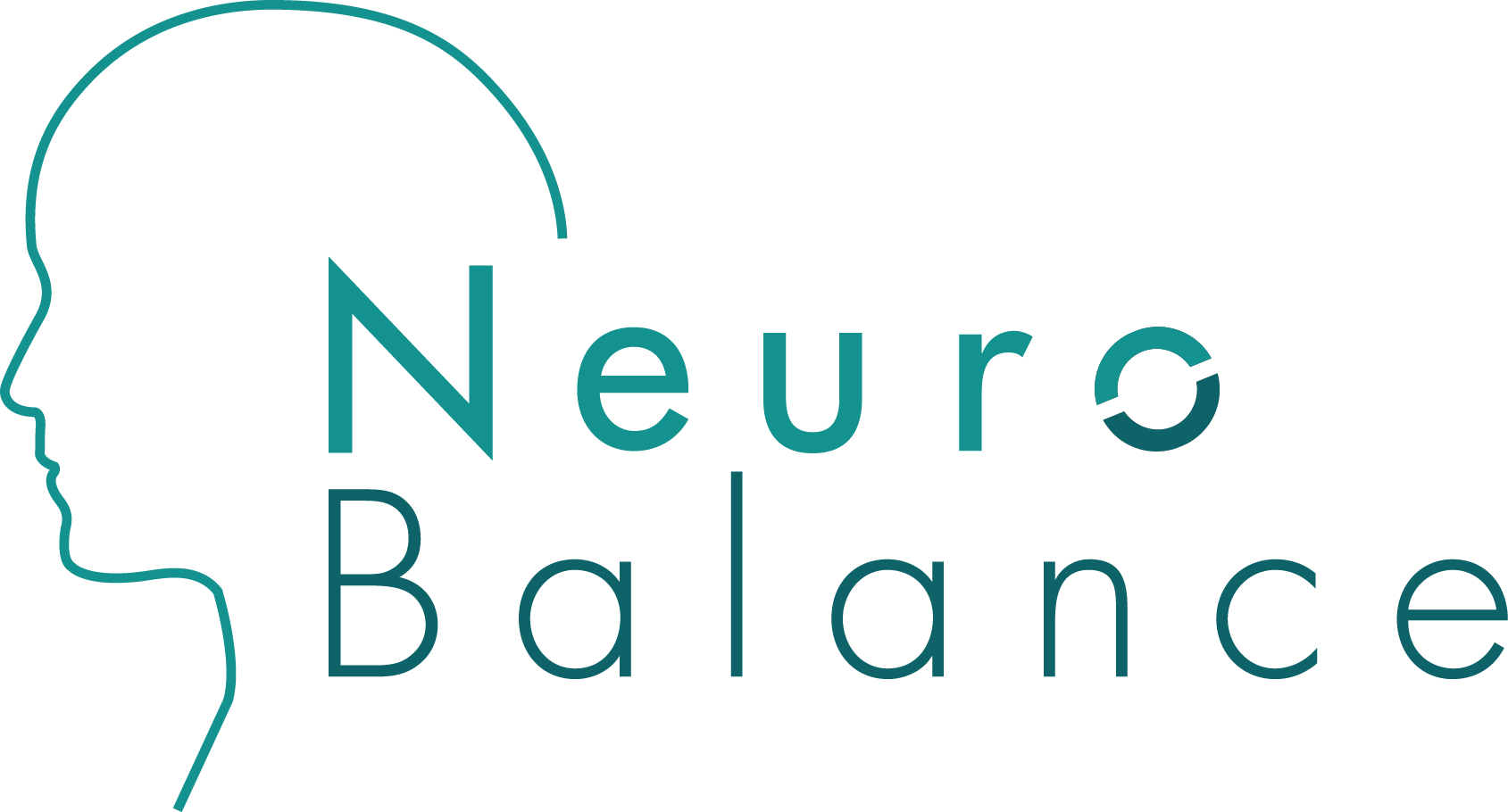Who's Smarter - Cats or Dogs?
The Great Debate
If you've ever been caught in a lighthearted argument with a fellow pet owner over whether dogs or cats are smarter, you’re not alone. This question has sparked countless debates at family dinners, dog parks, and even in scientific labs. But what does the research actually say? Are dogs really smarter than cats, or do felines possess a more subtle, elusive intelligence?
Let’s dive into what science tells us about the brainpower of our furry companions—and whether one is truly ahead of the other.
Understanding Intelligence: What Science Measures
Before crowning a winner, it's important to understand how intelligence is measured in animals. Researchers often look at several factors, including:
Number of Cortical Neurons: Neurons are brain cells that process information. The more neurons an animal has, the greater its capacity for complex thought and flexible problem-solving.
Social Cognition: This refers to how well an animal understands and responds to social cues, such as human gestures or communication.
Problem-Solving Abilities: How adept is an animal at using tools or solving puzzles?
Memory and Learning: Animals that can learn new tasks or remember past experiences are often considered more intelligent.
Neurons: Dogs Take the Lead
One of the biggest indicators of intelligence in animals is the number of neurons in the cerebral cortex, the part of the brain associated with thinking, planning, and decision-making. Research from Vanderbilt University found that dogs have about 530 million neurons, compared to only 250 million in cats. This suggests that dogs have a greater capacity for complex behavior and problem-solving than their feline counterparts. To put this in perspective, humans have about 16 billion cortical neurons, so dogs are closer to us in this regard than cats are.
This finding led neuroscientist Suzana Herculano-Houzel to conclude that dogs might be better equipped for more complex tasks and flexible thinking than cats, simply due to their higher neuron count.
Problem-Solving: Dogs Also Show Social Smarts
Studies on problem-solving and social cognition also tip the scales in favor of dogs. In one experiment, researchers tested how well dogs and cats could follow human pointing gestures to find food hidden under containers. While the dogs were able to follow the gesture and locate the food fairly quickly, cats were much less consistent, with many refusing to participate at all. Cats' independence may hinder their ability to perform well in structured, human-designed tests.
However, researchers caution that cats’ disinterest in such tests doesn't necessarily mean they lack intelligence—it might just reflect their more solitary nature and lower motivation to cooperate with humans during these studies.
What About Memory and Learning?
Cats do excel in memory and observational learning. Some studies show that cats can remember where food is hidden and can learn by observing other cats, behaviors that show their ability to adapt and survive in various environments. However, their reluctance to participate in tests can make it hard to gauge just how intelligent they are compared to dogs.
The Verdict?
If we base intelligence purely on neuron count and performance in social cognition tests, dogs appear to have the edge. With more neurons, greater social intelligence, and a stronger ability to interpret human cues, dogs may indeed be better problem-solvers in structured tasks.
But cats shouldn’t be underestimated. Their intelligence seems more self-serving and independent, traits that have allowed them to thrive alongside humans for millennia. While dogs are wired to cooperate, cats have mastered the art of doing things on their own terms.
In the end, the question of who is smarter might depend on what type of intelligence you value most—cooperation and social interaction, or independent survival skills.
Whether you’re a dog lover or a cat enthusiast, one thing is for sure: both animals bring their own unique kind of genius to the table.
Sources:
Vanderbilt University study on neuron counts and intelligence
Behavioral tests on social cognition and problem-solving
-A Balanced Brain is a Better Brain for a Happier Life-
